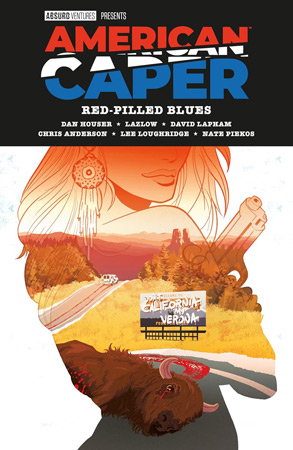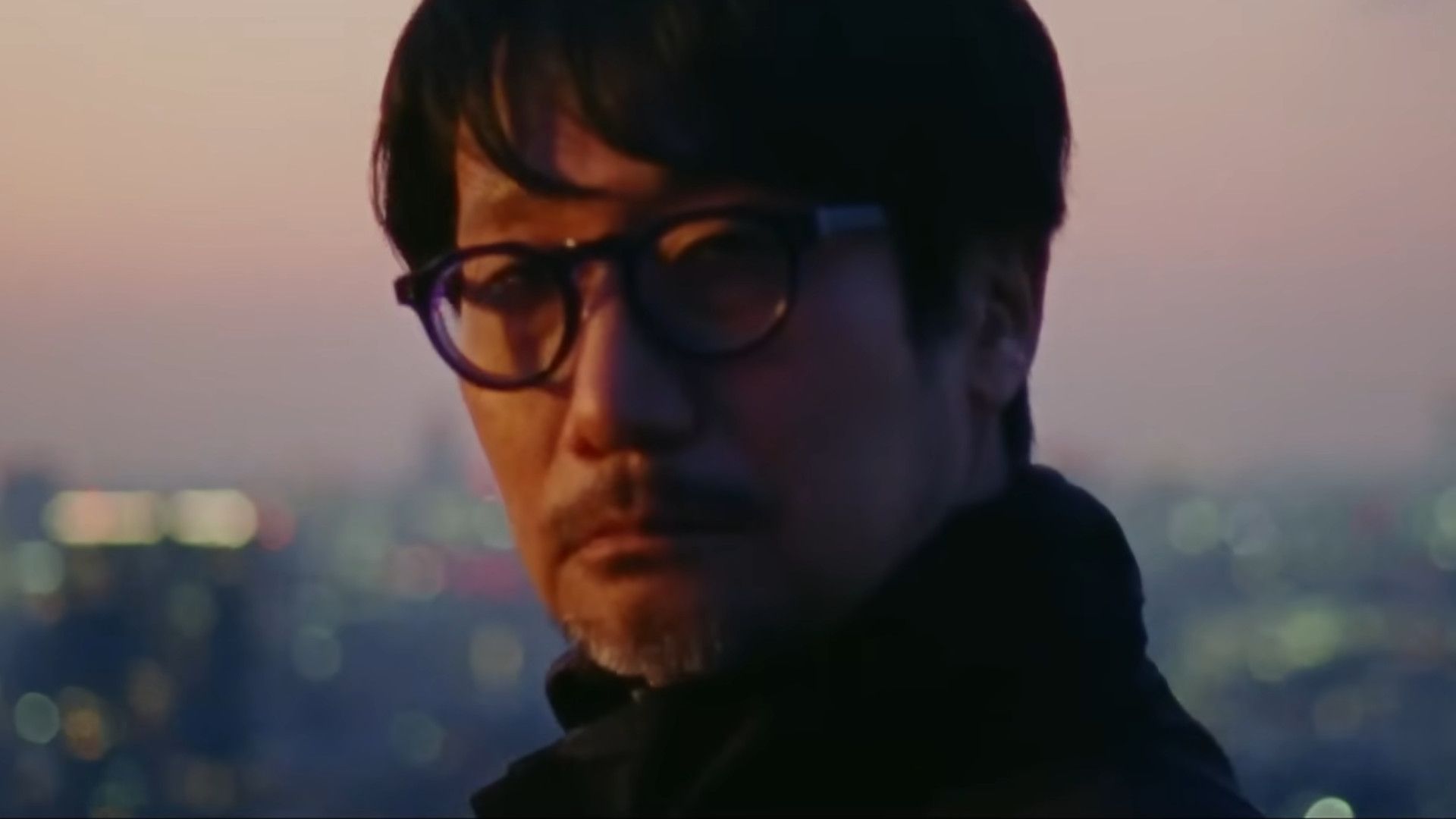It’s been a wild 12 months for VG247, so to have fun we’re going to be republishing a few of our favorite work revealed in 2018 – opinion items, options, and interviews, that we’ve loved writing and studying, and which we consider showcase a few of our greatest work. Enjoy!
The development of Geralt as an emotional character in The Witcher collection was first revealed on September 14, 2018.
After numerous hours of script-reads and recording periods, Doug Cockle’s job was in danger.
The voice actor, most well-known for his efficiency as The Witcher, Geralt of Rivia, had moved on together with his life after the unique Witcher game launched. It was met with delicate acclaim. Eventually, a sequel, The Witcher 2: Assassins of Kings, was greenlit by developer CD Projekt. None the wiser, Cockle acquired a cellphone name at some point, from an actor good friend of his.
“Hey, I just auditioned for the role of Geralt of Rivia in The Witcher 2,” he stated. “I thought you were Geralt?”
So did Cockle.
“I was surprised, but that’s the nature of the entertainment industry,” Cockle tells me. “I contacted someone I knew at CD Projekt and said, ‘Look, I’ve heard you were casting for The Witcher 2 and I’d love to audition if you’d like me to’.”
That individual then obtained in contact with the game director and informed them the American actor was desirous to reprise his function. The director had a hearken to a few of his work on the primary game and favored what they heard, and so Cockle returned as Geralt for the sequel – one among solely two unique actors to return.

Cockle slips into Geralt simply as of late. At a number of factors throughout our dialog, he lowers his voice to that signature Geralt growl. In the fiction of The Witcher, turning into one among these monster slayers isn’t so easy. To turn out to be a witcher, you have to first drink an alchemical concoction often called the Trial of the Grasses.
Seventy-percent of younger witchers who drink this poison don’t survive, however those that do are granted superhuman reflexes, cat-like eyes, and different inhuman talents. It is only one a part of a witcher’s gruelling coaching, all of it designed to strip away an individual’s humanity, turning them right into a cold-blooded, monster-killing merc.
In the primary Witcher, the after-effects of this course of are nonetheless very a lot seen in Geralt. He’s reserved, at all times calm, and he sees every part logically. He doesn’t let his emotions get in the best way. But because the collection progressed and Geralt grew older, his soul started repairing itself.
“When we did The Witcher 1, CD Projekt were adamant that he could have absolutely no emotions whatsoever,” Cockle tells me. “I did that in addition to I might, however being an actor – that’s what we do, we play with feelings.
“Lambert’s a prick”
“It never sat that well with me. I was thinking, ‘This guy does have emotions, it’s just that his job doesn’t allow him to give into them’. If he does, he dies. He squashes his emotions right down and keeps them in check. It’s probably true that the Trial of the Grasses did a lot of that squashing, but anyone who’s played The Witcher 3 knows the witchers all have emotional lives. Vesemir is full of emotion. Lambert… Lambert’s a prick.”

By the time the second game got here round, CD Projekt determined to loosen up the foundations just a little. To stand out, this subsequent game wanted a coronary heart that wasn’t manufactured from stone. It wanted to have extra character, and it wanted to inform a extra private story with characters gamers might relate to – even when that character is a tragic bridge troll with a consuming downside.
The Witcher 2 was the place CD Projekt began to essentially get seen, however the evolution of the studio’s writing and characterisation was at its most stark within the step up between the second game and The Witcher 3. The transfer to a correct open world is what made the headlines, however The Witcher Three stood out as a result of it felt extra uncooked, extra human, and extra emotionally-charged than any RPG that got here earlier than it.
“What you can see in the progression from The Witcher 1 right through to The Witcher 3 is a progression in the writing, but also in terms of Geralt and how close to the surface his emotions are,” Cockle says. “I think by the time we get to the end of Blood and Wine, he’s almost a different character. He’s sentimental and he’s expressing his care for the people around him in a way that he didn’t in the earlier games.”
Blood and Wine, the ultimate growth for The Witcher 3, is about as misty-eyed as add-ons get. Geralt is on a contract within the far-off land of Toussaint, and it takes this separation for him to really recognize the individuals near him. He is there on a mission, however he’s additionally on the verge of hanging up his silver blade and sacking all of it in for a life in his newly-acquired winery.
“By the time we get to the end of Blood and Wine, he’s almost a different character. He’s sentimental and he’s expressing his care for the people around him in a way that he didn’t in the earlier games.”
“Part of that is because he’s a character who’s growing older and knows more about himself, and maybe now he has the opportunity to feel and experience some of the things he couldn’t when he was younger,” Cockle muses. “I believe it’s the writers going, ‘Let’s give him some extra humanity’. I might decide up on that within the writing. I might see it and go, ‘Oh yeah!’. Then I’d take it a step additional.

“There have been at all times occasions as nicely the place I’d go in for decide ups to re-record traces and the path can be, ‘Not so much emotion’. So even then I’d typically push it too far for CD Projekt’s liking. But that’s what it’s all about – it’s about compromise and discovering what’s greatest.”
Cockle himself has been alongside an identical journey to Geralt. While he was recording Geralt’s traces, he was additionally instructing appearing on the Arts University, Bournemouth. He would usually work 60 hour weeks on the faculty, then he would go to work within the recording studio for your entire weekend as a ronin performer. Last 12 months, all of it grew to become an excessive amount of and he needed to decide.
“I was starting to really feel the weight on my body and soul from the job itself, which was full on, and also still doing professional acting – I was unwilling to give that up entirely,” Cockle says. “I had a conversation with my wife and I decided I needed to do one or the other: just teaching, or just acting. After much deliberation, I decided to leave the teaching behind. I honestly think if I’d stayed with the teaching and given up the acting, I would be a less happy person. If I had to give up the acting altogether, I think some part of my soul would have died.”
If Geralt ever did dangle up his sword to toil in a winery, I couldn’t ever see him stopping serving to individuals altogether. Townsfolk would hear tales of the legendary witcher and produce their troubles to his door. Geralt would sharpen his blade, slip on his chainmail, and whistle to Roach earlier than setting off to assist them. It’s not one thing he would go away behind completely – he likes gold, however he will get one thing out of serving to individuals as nicely.
Likewise, Cockle hasn’t given up on schooling altogether. The veteran actor is presently working his method in direction of turning into a Trinity College London examiner, working with younger expertise and assessing them for the tutorial charity. Cockle likes serving to individuals, too.

While Geralt has fairly clearly grown by way of the collection, Cockle has modified in tandem together with his digital self. Speaking to him is sort of like speaking to the witcher – as of late Cockle’s voice extra naturally slips into the grizzled growl of the white-haired warrior, little doubt because of the years and years of enjoying the half.
As life has gone on, Cockle has skilled extra issues and improved as an actor, Geralt has realized extra about himself and his occupation, and the writers at CD Projekt realized to inject extra of that development into their characters.
“I like to think that actors, as they get older and do more things, develop a level of depth that they perhaps didn’t have when they were younger,” Cockle says. “It’s part of rising older and experiencing extra issues in life. But I believe that’s additionally true with appearing – the extra you do it, the extra you perceive how your individual course of works and the way you personally slot into any given function.
“I wish to assume performing as Geralt has helped me study to course of my very own methods of doing issues higher.”
If Geralt have been actual, maybe he would say the identical of Cockle.
You can follow Doug Cockle on Twitter.
Source


